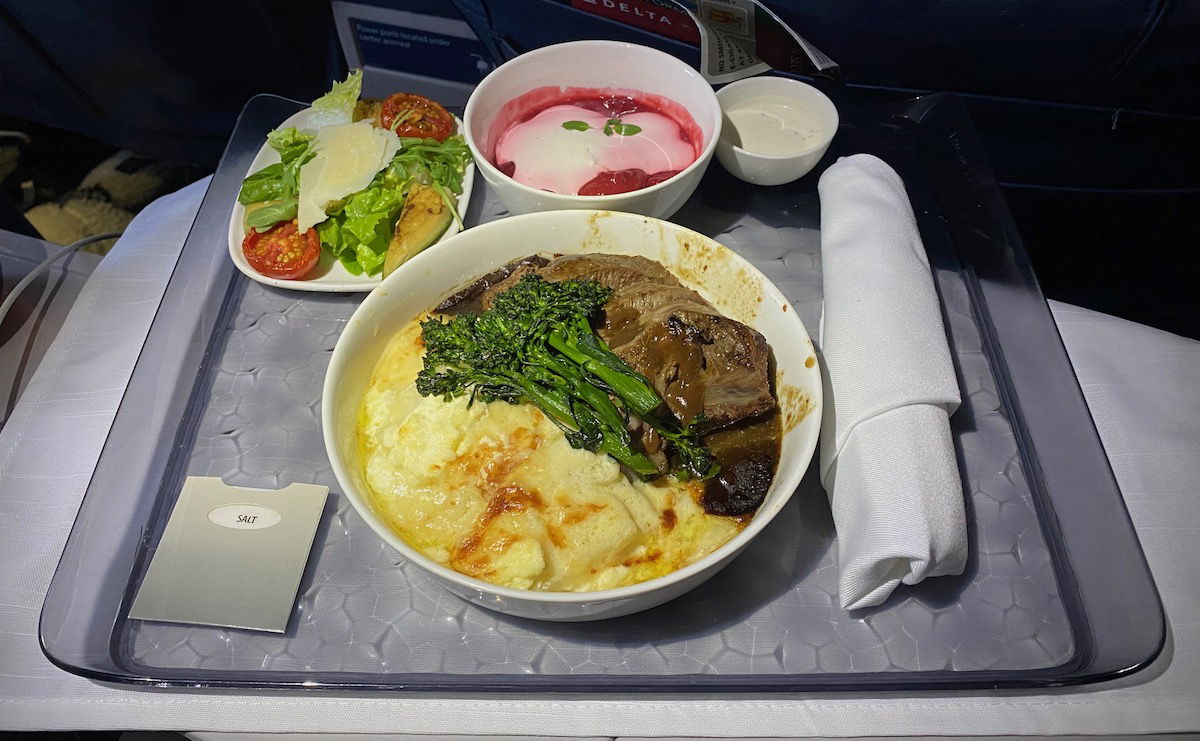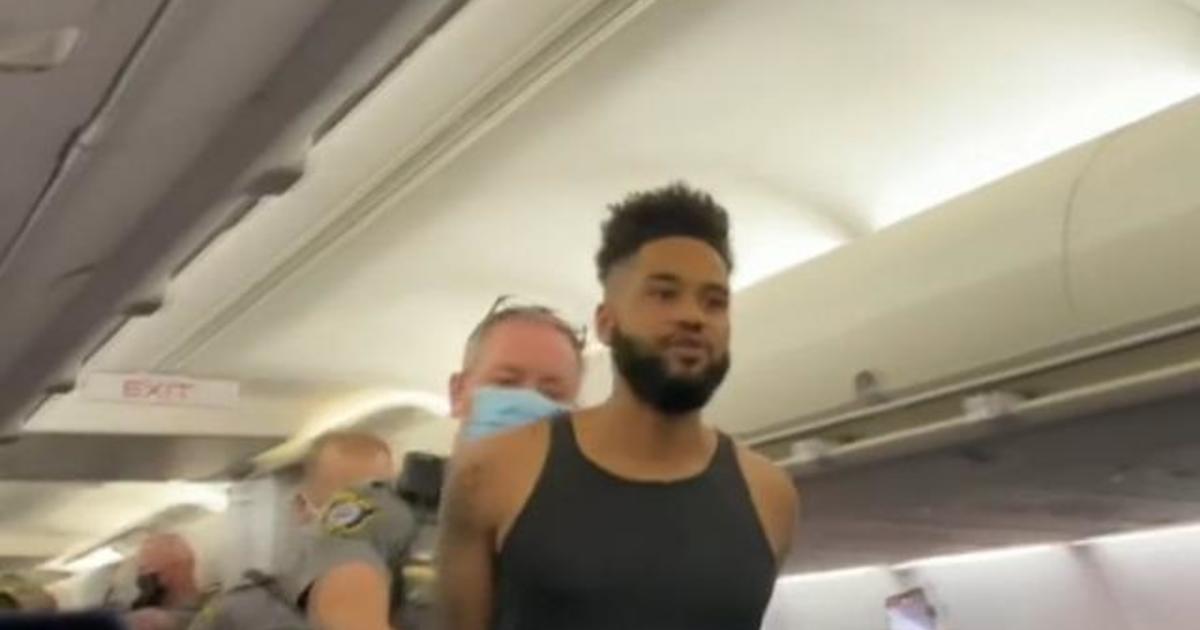Passenger Experiences and Impacts

Delta flight diverted spoiled food – The passengers on the diverted Delta flight faced numerous challenges due to the delayed flight and spoiled food consumption. Many expressed their dissatisfaction with the airline’s handling of the situation, citing a lack of communication and inadequate compensation.
Amidst the chaos of the diverted Delta flight, passengers faced an additional ordeal: spoiled food. The once-appetizing meals had turned unpalatable, leaving passengers hungry and frustrated. As they waited for their delayed arrival, the passengers sought solace in online shopping.
One passenger stumbled upon the luxurious offerings of Saks Neiman Marcus , browsing designer handbags and elegant gowns. The distraction of high fashion provided a momentary escape from the spoiled food and delayed flight, offering a glimmer of comfort in an otherwise unpleasant situation.
Health Risks and Concerns, Delta flight diverted spoiled food
Consuming spoiled food can pose significant health risks, including food poisoning, nausea, vomiting, and diarrhea. In severe cases, it can even lead to hospitalization or death. Passengers who consumed the spoiled food on the flight expressed concerns about their health and well-being.
Airline’s Response and Accountability: Delta Flight Diverted Spoiled Food

In the wake of the food-related incident on the Delta flight, the airline has a responsibility to address the situation promptly and effectively. This involves adhering to established protocols, providing compensation and support to affected passengers, and taking accountability for ensuring the safety and well-being of those on board.
The airline’s protocol for handling food-related incidents typically includes isolating the affected food items, conducting an investigation to determine the cause, and implementing corrective measures to prevent similar incidents in the future. The airline is also responsible for providing timely and accurate information to passengers about the situation, including any potential health risks associated with consuming the spoiled food.
Compensation and Support
The airline has a responsibility to provide fair compensation and support to passengers who have been affected by the food-related incident. This may include reimbursement for medical expenses, meals, and other expenses incurred as a result of the incident. The airline may also offer vouchers for future flights or other forms of compensation to acknowledge the inconvenience and distress caused to passengers.
Accountability and Responsibility
The airline has a fundamental accountability to ensure the safety and well-being of passengers on its flights. This includes taking all reasonable steps to prevent food-related incidents from occurring and responding promptly and effectively when they do. The airline’s accountability extends to ensuring that its food suppliers adhere to strict safety standards and that its own food handling procedures are followed meticulously.
Food Safety and Handling

Food safety and handling in the aviation industry are paramount to ensure the well-being of passengers. Stringent standards and regulations govern food preparation, storage, and transportation to maintain food quality and freshness throughout the journey.
Challenges in maintaining food quality during flights include limited space, temperature fluctuations, and varying altitudes. Best practices involve using high-quality ingredients, implementing proper temperature control measures, and following strict hygiene protocols to minimize the risk of spoilage.
Potential Causes of Food Spoilage
The food spoilage incident on the diverted Delta flight could have resulted from several factors:
- Improper Temperature Control: Failure to maintain proper food temperatures during storage, transportation, or serving can lead to bacterial growth and spoilage.
- Cross-Contamination: Contact between raw and cooked foods or unhygienic handling practices can introduce bacteria into food, causing spoilage.
- Inadequate Packaging: Improper packaging can allow air or moisture to penetrate, affecting food quality and freshness.
- Extended Holding Times: Delays in serving or extended holding times can increase the risk of bacterial growth and spoilage.
Identifying and addressing these potential causes can help airlines improve food safety and handling practices to prevent future incidents.
The recent news about Delta Flight 1086 being diverted due to spoiled food brings to mind the recent acquisition of Neiman Marcus by Saks Fifth Avenue. Both events highlight the challenges faced by businesses in maintaining quality and customer satisfaction in today’s competitive market.
Saks’ acquisition of Neiman Marcus aims to strengthen its position in the luxury retail sector, while Delta’s incident serves as a reminder of the importance of food safety and operational efficiency in the airline industry.